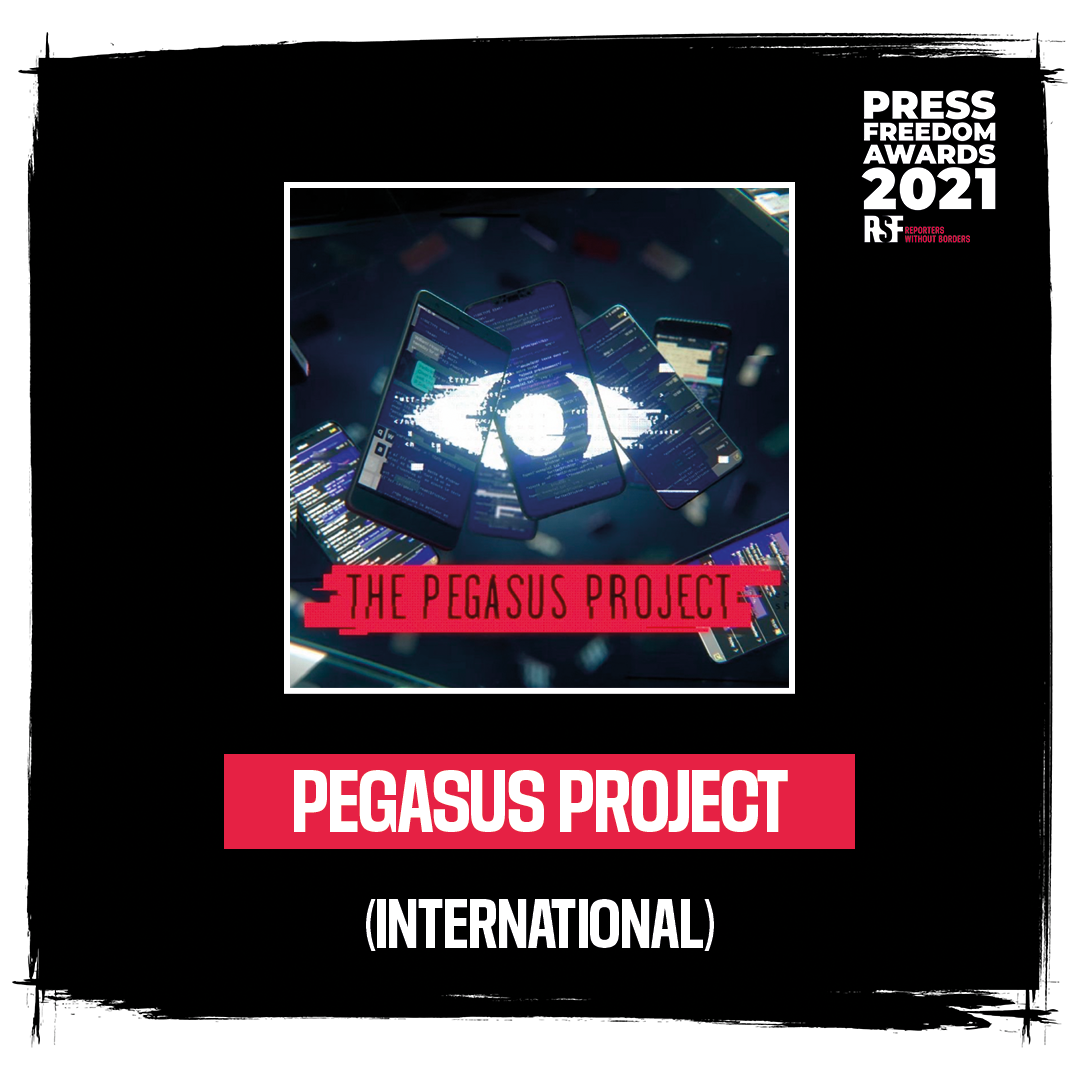Voice of America on 28 December, 2023 reported that the founding editor of one of India’s largest news websites is among the journalists to be targeted by the Pegasus spyware. A joint investigation by the rights group Amnesty International and The Washington Post, published Thursday, found evidence that the invasive spyware is being used again to target media in India.
Made and marketed by Israeli company the NSO Group, the spyware can be used to access a phone’s messages and emails, peruse photos, eavesdrop on calls, track locations and even film the owner with the camera. [see also: https://humanrightsdefenders.blog/tag/pegasus/]
In the latest research, forensic investigations found evidence of the spyware on the iPhones of Siddharth Varadarajan of the news website The Wire, and Anand Mangnale of The Organized Crime and Corruption Reporting Project, or OCCRP.
“Increasingly, journalists in India face the threat of unlawful surveillance simply for doing their jobs, alongside other tools of repression, including imprisonment under draconian laws, smear campaigns, harassment, and intimidation,” Donncha Ó Cearbhaill, who heads Amnesty International’s Security Lab, said in a statement.
Amnesty reported that it first suspected renewed Pegasus activity during regular monitoring by its researchers in June. It investigated further after Apple sent notifications to iPhone users in October warning they had been targeted by “state sponsored attackers.” Around 20 politicians and journalists in India received the notifications. Amnesty then carried out a forensic analysis for individuals who received the warnings.
Around that time, the OCCRP had been investigating an Indian tycoon, Gautam Adani, who is an ally of Prime Minister Narendra Modi and founder of the multinational conglomerate known as the Adani Group.
Mangnale told the French news agency AFP he was targeted “within hours” of sending questions to the Adani Group on behalf of the OCCRP.
Varadarajan told the Post he believes the attempted hacking may be related to opposition to the detention of a prominent news publisher in New Delhi.
In a statement, Amnesty’s Ó Cearbhaill highlighted the chilling effect spyware has on media freedom.
“Targeting journalists solely for doing their work amounts to an unlawful attack on their privacy and violates their right to freedom of expression,” Ó Cearbhaill said.
In 2021, New Delhi was accused of using Pegasus to surveil journalists, opposition politicians and activists, with leaked documents showing the spyware had been used against more than 1,000 Indian phone numbers. Prime Minister Modi’s main rival, Rahul Gandhi, was among those targeted.
The government denied conducting “illegal surveillance” but refused to cooperate with a Supreme Court probe into the allegations, the findings of which have not been made public.
Following the October notifications sent by Apple, Indian authorities were reported to be investigating whether opposition politicians were targeted.
Ashwini Vaishnaw, the information and technology minister, said the government was “concerned” by the complaints.
The Washington Post reported that one day after Apple sent the notifications, government officials in India announced they would investigate the security of Apple devices.
The Washington Post (WP) reported Wednesday that following Apple’s October alert about alleged government hacking attempts on iPhones of independent Indian journalists and opposition politicians, Indian government officials swiftly retaliated against Apple.
It is reported that officials of the Bharatiya Janta Party (BJP), the ruling party, hurried to contain the fallout after journalists and politicians shared Apple’s warnings. The government administration pressured Apple to retract warnings, leading to a heated discussion. Under government pressure, Apple India acknowledged potential mistakes in threat detection and sought to downplay warnings globally. However, during a November meeting, Apple defended its stance against Indian officials’ scrutiny.
India’s opposition leaders and journalists received Apple alerts, warning of potential state-sponsored i



